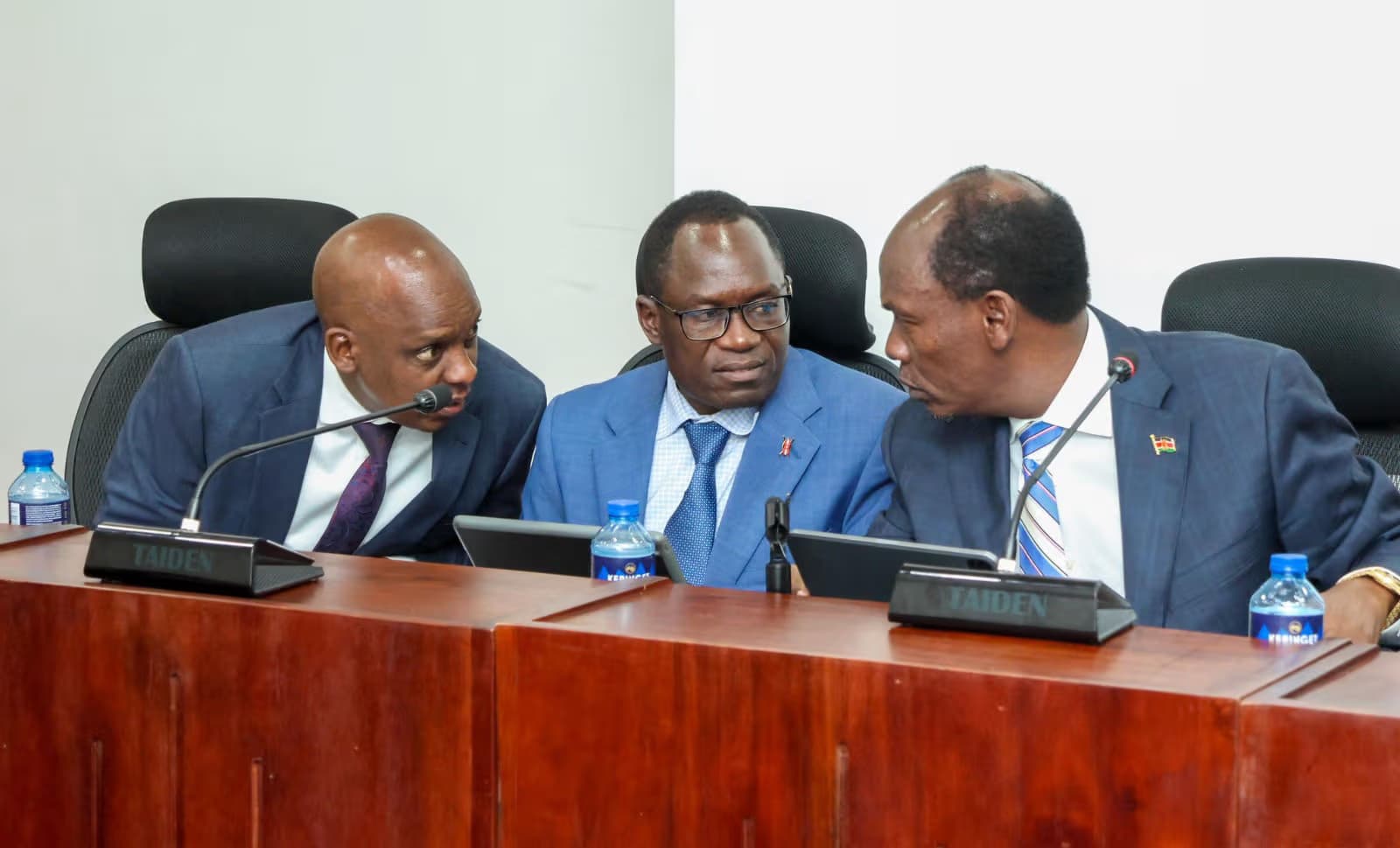We're loading the full news article for you. This includes the article content, images, author information, and related articles.
Members of the Senate Committee on Information, Communication and Technology (ICT) have sharply criticized the Ministry of ICT and the Communications Authority of Kenya (CA) over persistent mobile network blackouts in remote and underserved counties.

Nairobi, Kenya – August 6, 2025
Members of the Senate Committee on Information, Communication and Technology (ICT) have sharply criticized the Ministry of ICT and the Communications Authority of Kenya (CA) over persistent mobile network blackouts in remote and underserved counties — warning that the digital divide is now a matter of life and death.
The senators, speaking during a tense committee hearing on Tuesday, cited growing reports of ambulances unable to receive emergency instructions, residents unable to contact police during attacks, and students cut off from e-learning and online exams due to unreliable or non-existent mobile and internet coverage in regions like Turkana, Marsabit, Samburu, Tana River, and parts of West Pokot.
Senator David Pkosing (West Pokot) delivered a scathing rebuke to the Ministry, stating:
“In areas where banditry, childbirth emergencies, and medical evacuations are daily realities, network coverage is not a luxury — it is a lifeline. Kenyans are dying simply because they cannot make a call.”
Other lawmakers decried the failure of the Universal Service Fund (USF) — a multibillion-shilling pool established to finance telecom expansion in marginalized areas — calling it opaque and underperforming.
Despite collecting billions in levies from mobile operators, the USF has been plagued by delays, underutilization, and allegations of political interference. An audit last year revealed that less than 40% of approved rural connectivity projects had been implemented.
Appearing before the committee, ICT Principal Secretary Eric Wamuyu defended the Ministry’s performance, attributing the slow rollout to budgetary constraints, insecurity, and harsh terrain in some counties.
“We acknowledge the urgency, but infrastructure deployment in some of these regions is extremely expensive. We are currently working with CA, private telcos, and development partners to bridge the gap,” PS Wamuyu told the Senate.
He cited recent partnerships with Safaricom and Telkom Kenya to expand coverage to border zones and refugee camps, but admitted the pace was slower than desirable.
Frustrated by vague responses, the committee demanded a comprehensive rollout plan with timelines, a publicly accessible map of underserved areas, and regular progress reports tabled in the Senate.
Chairperson Senator Abshiro Halake (Isiolo) warned that the issue would now be escalated to a joint inter-ministerial review involving the Ministries of Interior, ICT, and Health — given its implications for security, healthcare, and education.
“This country cannot talk about a digital economy when large swathes of the population are still stuck in information darkness,” she said.
The confrontation comes at a time when Kenya is heavily investing in digital government services, online tax systems, and remote learning platforms — moves that risk further marginalizing communities without reliable connectivity.
As the Senate calls for an overhaul of rural telecom deployment, civil society groups are also urging the government to treat network infrastructure as an essential public utility — especially in light of climate emergencies, migration patterns, and rising insecurity in border areas.
Keep the conversation in one place—threads here stay linked to the story and in the forums.
Other hot threads
E-sports and Gaming Community in Kenya
Active 8 months ago
The Role of Technology in Modern Agriculture (AgriTech)
Active 8 months ago
Popular Recreational Activities Across Counties
Active 8 months ago
Investing in Youth Sports Development Programs
Active 8 months ago
Key figures and persons of interest featured in this article